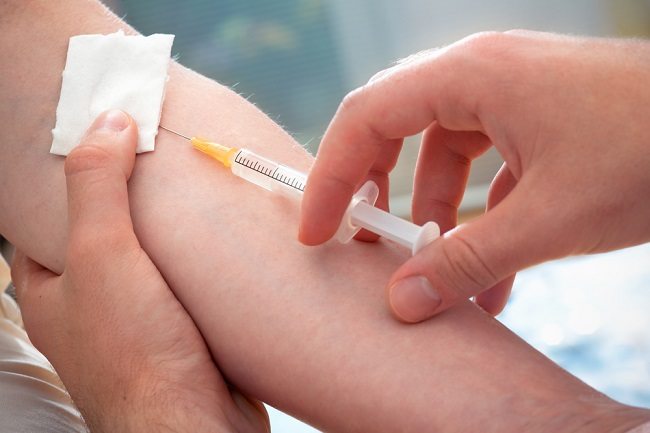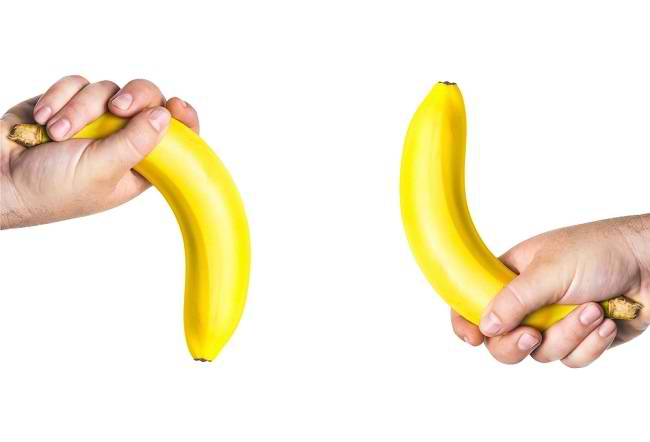Generic drugs are types of drugs that have the same active ingredient content with patented drugs, also in terms of use and formulation. Other similarities include the strength, dosage, quality, and safety of the product for the wearer.
Despite having similarities, generic drugs are sold at a much cheaper price than brand-name drugs or patented drugs. The factor that most influences the low selling price of generic drugs is because these drugs are sold without a brand. There are also generic drugs that are not patented by the manufacturer.

Difference Between Generic Drugs and Patent Drugs
The drug brand comes from the drug company that first patented it. With a patent, a drug company can be the only company that sells the drug under the brand they created. The expiration of the validity period of the patent was carried out to eliminate the monopoly on drug sales.
With the loss of brands, the costs incurred by drug companies can be reduced. One of the most expensive is the cost of advertising. Generic drugs do not use advertising for their promotion, therefore they can be cheaper.
In addition to advertising costs, another major source of funding is drug research and development. The expiration of the patent makes generic drug manufacturers just follow the steps of the company that used to have the patent right and can sell it at an affordable price.
Which Need to know of Generic Medicine
Although generic drugs have many things in common above, here are the facts about generic drugs that we should know.
- CompositionThe composition in generic drugs is not 100% the same as patent drugs. But what is certain is that generic drugs must duplicate the active ingredients in branded drugs. What may vary is the color, taste, and other additional ingredients. The active ingredients themselves are certainly very important because these ingredients play a major role in the treatment of diseases.
- SecurityThe safety factor of generic drugs is one of the most highlighted things. Low prices do not mean forgetting this important factor. Generic drugs must have the same level of safety as patent drugs. Generic drugs also have the same side effects as patent drugs.
- EffectivenessThe effectiveness of the drug is influenced by the quality, strength, purity, stability of the chemical elements, and the absorption time of the drug. There is an assumption that the body's absorption of generic drugs takes longer than patent drugs. In fact it is not so. Generic drugs have the same strength, purity, stability, quality, and way of working so there is no difference when absorbed by the body. In other words, generic drugs have the same effectiveness as patent drugs.
- Use of production machinesLower prices make generic drugs often imaged as drugs that are made by machines with improvised technology. This perception is wrong, because generic drugs are also made using machines with the same technology as those used to make patented drugs.
When given a prescription drug by a doctor, usually the doctor will first ask the patient whether to use generic drugs or patent drugs. You don't have to worry if your doctor prescribes generics for you. Even though they are cheaper, generic drugs are just as effective as patent drugs for treating diseases if they are taken according to a doctor's prescription.









